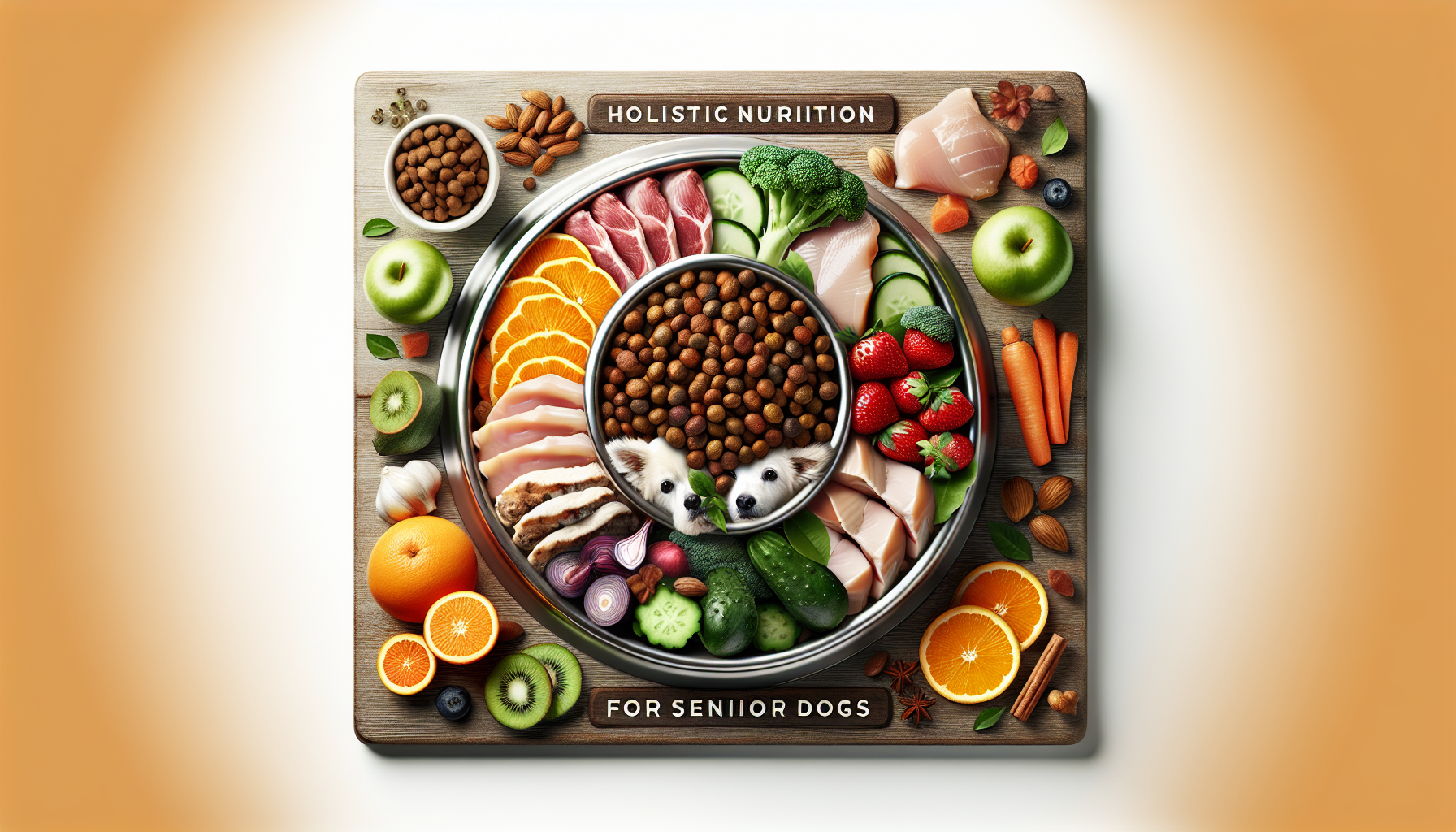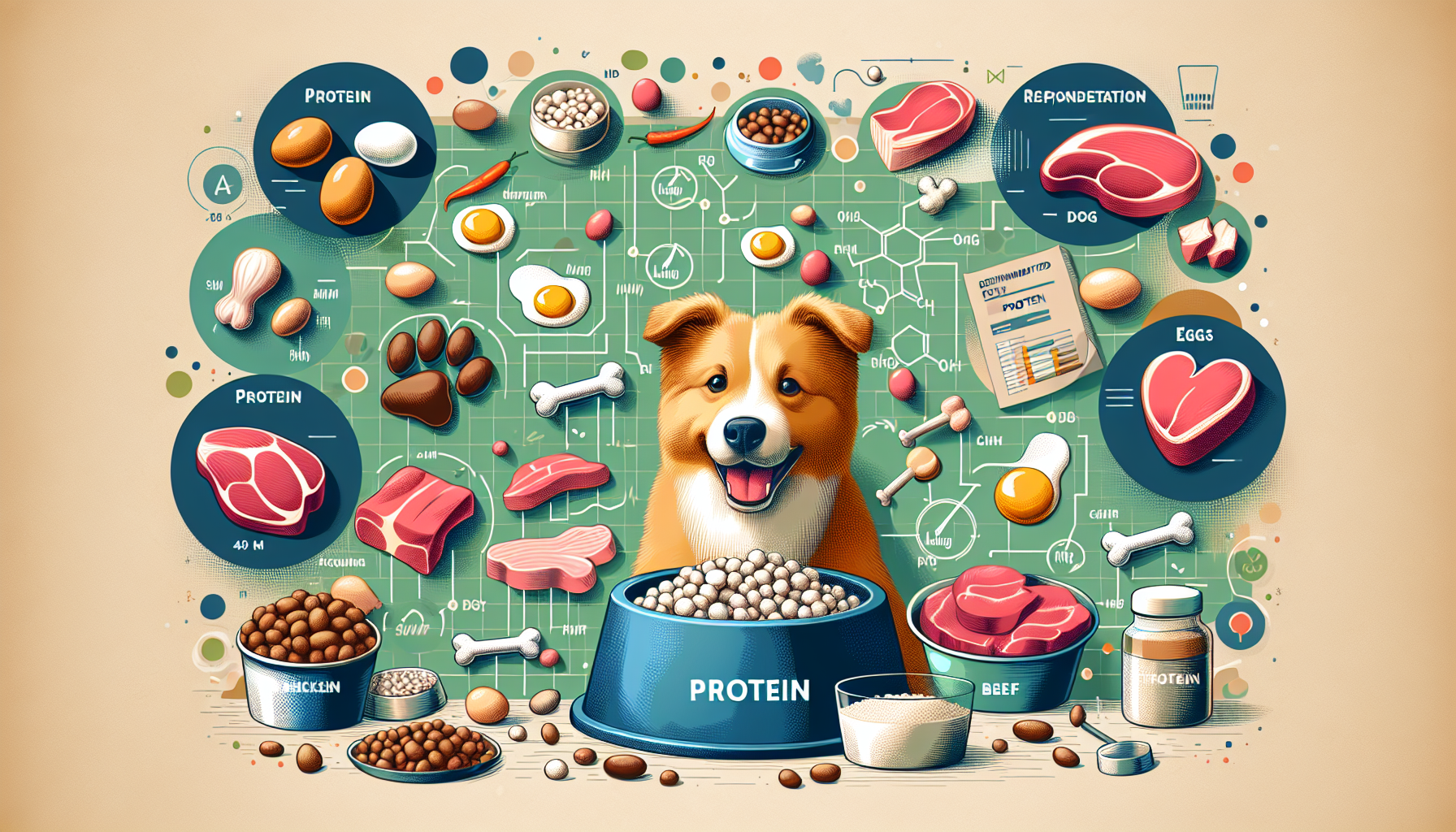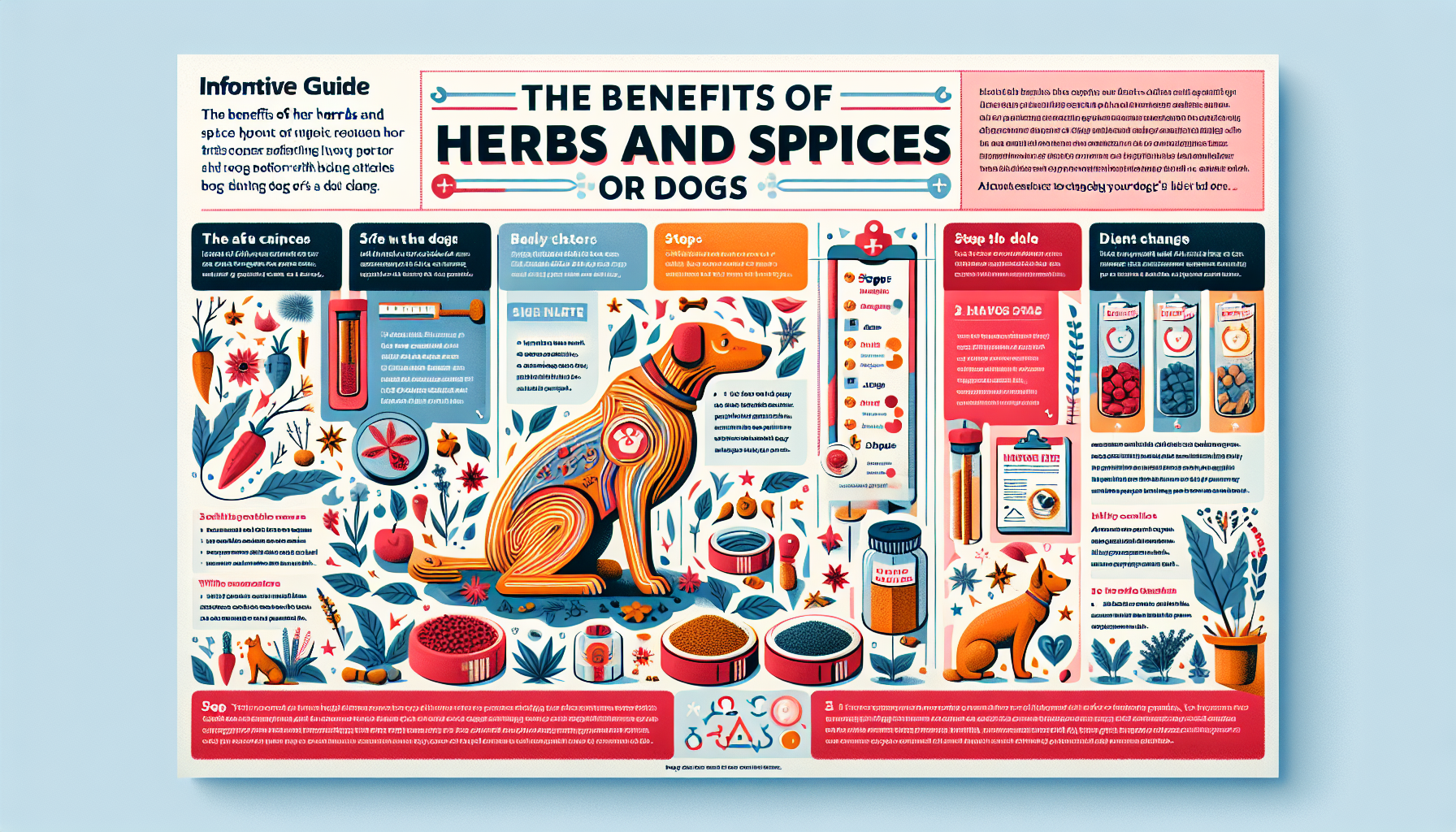Have you ever wondered if your furry friend can share your love for nuts? Well, wonder no more! In this guide, “Nuts Dogs Can Enjoy: A Guide to Safe and Healthy Snacking for your Canine Companion,” we will explore the world of nuts and how they can be a safe and nutritious treat for your loyal companion. From almonds to cashews, we’ll uncover which nuts are dog-friendly and provide you with expert advice on portion sizes and potential health benefits. So, grab a handful of curiosity and let’s embark on this nutty adventure together!
Introduction
Welcome to our comprehensive guide on nuts for dogs! As a loving pet owner, you want to ensure that your furry friend is not only happy, but also healthy. Snacking is a common part of our lives, and dogs often love to indulge in the occasional treat. Nuts can be a great option for a tasty and nutritious snack for your canine companion. In this article, we will delve into the topic of nuts and dogs, discussing the benefits, risks, precautions, and everything you need to know to make informed decisions about incorporating nuts into your dog’s diet. So let’s get started!
Understanding Nuts and Dogs
Can dogs eat nuts?
As a conscientious pet owner, it’s natural to wonder if it’s safe for your dog to consume nuts. The answer is yes, but with certain caveats. While some nuts can be a healthy addition to your dog’s diet, others can be harmful or even toxic. It’s important to be aware of the nuts that are safe for your furry friend and those that should be avoided.
Benefits of nuts for dogs
Nuts can offer a range of health benefits for dogs when consumed in moderation. They are packed with essential nutrients such as protein, healthy fats, vitamins, and minerals, which can contribute to your dog’s overall well-being. Additionally, nuts can provide a satisfying crunch and flavor that dogs often enjoy, making them a great alternative to traditional dog treats.
Risks and precautions
While there are benefits to feeding nuts to your dog, it’s crucial to be aware of the potential risks and take necessary precautions. Some nuts may cause digestive issues, such as upset stomach or diarrhea, especially if consumed in large quantities. Additionally, certain nuts, such as macadamia nuts, can be toxic to dogs and should be avoided altogether. It’s important to understand these risks and exercise caution when introducing nuts into your dog’s diet.
Healthy Nut Options for Dogs
Not all nuts are created equal when it comes to their suitability for dogs. Here are some nuts that are generally considered safe for canine consumption:
Peanuts
Peanuts are a popular and readily available nut. They are an excellent source of protein and healthy fats for dogs. However, it’s important to note that some dogs may have allergies to peanuts, so it’s best to introduce them in small quantities and monitor your dog for any adverse reactions.
Almonds
Almonds are another nut that can be enjoyed by dogs in moderation. They are a good source of protein, vitamin E, and healthy fats. However, it’s essential to feed them to your dog in small, chopped or ground portions to avoid the risk of choking.
Cashews
Cashews are safe for dogs in small quantities. They are low in fat compared to other nuts and provide protein, vitamins, and minerals. However, it’s important to be cautious with the sodium content in cashews, as too much salt can be harmful to your dog.
Pistachios
Pistachios can be a healthy addition to your dog’s diet, but they should be given in moderation. These nuts are packed with protein, fiber, and antioxidants. However, it’s crucial to provide your dog with shelled pistachios to avoid any potential choking hazards.
Walnuts
Walnuts are a nutritious nut that dogs can enjoy. They are a good source of omega-3 fatty acids, which can support your dog’s joint health and coat condition. However, walnuts should only be fed to dogs in small quantities due to their high fat content.
Macadamia nuts
Macadamia nuts are highly toxic to dogs and should be strictly avoided. The consumption of even a small amount can result in symptoms such as weakness, vomiting, and tremors. If you suspect your dog has ingested macadamia nuts, seek veterinary attention immediately.
Brazil nuts
Brazil nuts can be included in your dog’s diet in limited amounts. They contain selenium, which is an essential mineral for dogs. However, due to their high fat content, it’s important to feed them sparingly to prevent weight gain.
Preparing Nuts for your Dog
Raw vs. roasted nuts
Both raw and roasted nuts can be fed to your dog, depending on their preference. While raw nuts retain more nutrients, some dogs may find the texture of roasted nuts more appealing. It’s best to experiment and see what your dog enjoys, ensuring that the nuts are unsalted and free from any added seasonings or oils.
Salted vs. unsalted nuts
When it comes to feeding your dog nuts, it’s crucial to opt for unsalted varieties. Salted nuts can lead to sodium toxicity, which can have severe consequences for your dog’s health. Always read the labels carefully and choose unsalted nuts for your furry friend.
Chopped vs. whole nuts
While some dogs may be able to chew and digest whole nuts without any issues, it’s generally safer to feed them chopped or ground nuts. This helps prevent choking hazards and ensures easier digestion. Take the time to prepare the nuts in a size suitable for your dog’s breed and chewing ability.
Nut butter options
Nut butters can be a convenient and delicious way to incorporate nuts into your dog’s diet. Peanut butter, in particular, is a popular treat for dogs. However, it’s important to remember that many commercial brands of peanut butter contain added sugar, salt, and other ingredients that may not be suitable for dogs. Look for all-natural, unsalted peanut butter, or better yet, make your own at home. Other nut butter options, such as almond butter or cashew butter, can also be enjoyed by dogs, but moderation is key due to their high-fat content.
Using Nuts as Training Treats
Advantages of using nuts as treats
Using nuts as training treats can have several advantages. Firstly, nuts offer a different texture and flavor compared to traditional dog treats, which can make training sessions more exciting and engaging for your dog. Additionally, nuts are often higher in nutritional value than typical store-bought treats, providing your dog with additional health benefits while rewarding good behavior.
Recommended portion sizes
It’s important to remember that nuts should be given to dogs in moderation. The recommended portion sizes will vary depending on your dog’s size, breed, and any specific dietary requirements. As a general guideline, treats should make up no more than 10% of your dog’s daily caloric intake. Consult with your veterinarian to determine appropriate portion sizes for your individual dog.
Alternatives for dogs with nut allergies
If your dog has a known nut allergy, it’s vital to avoid feeding them nuts altogether. However, there are still plenty of alternative training treats available that can be safe and enjoyable for your furry friend. Options such as fruits, vegetables, or specialized dog treats formulated for dogs with allergies can be excellent alternatives to nuts.
Incorporating Nuts into Homemade Dog Treats
Simple nut-based treat recipes
Making homemade dog treats can be a fun and rewarding experience for both you and your four-legged friend. Here are a few simple nut-based treat recipes to get you started:
-
Peanut Butter Balls: Mix together 1 cup of unsalted peanut butter, 1 cup of rolled oats, and 1 tablespoon of honey. Roll the mixture into small balls and refrigerate until firm.
-
Almond and Carrot Biscuits: In a bowl, combine 1 cup of almond flour, 1/4 cup of grated carrots, and 1 egg. Form the dough into small biscuits and bake in a preheated oven at 350°F (180°C) for about 15-20 minutes or until golden brown.
-
Cashew and Cranberry Bars: Blend 1 cup of unsalted cashews, 1/2 cup of dried cranberries, and 1/4 cup of water in a food processor until well combined. Press the mixture into a square baking dish and refrigerate until firm. Cut into small bars before serving.
Tips for baking with nuts
If you enjoy baking homemade treats for your dog, here are a few tips to keep in mind when incorporating nuts:
-
Use unsalted nuts to avoid excessive sodium intake.
-
Chop or grind the nuts to prevent choking hazards and aid in digestion.
-
Adjust the amount of nuts based on your dog’s individual dietary needs and preferences.
-
Be cautious of adding too many nuts, as they are high in calories and fat. It’s important to maintain a balanced diet for your dog.
Storing and preserving nut-based treats
To ensure the longevity of your homemade nut-based dog treats, it’s essential to store them properly. Keep the treats in an airtight container in a cool, dry place. If you plan to store them for an extended period, you can also freeze them. Remember to label the container with the treat name and date to keep track of freshness.
Dangers and Hazards of Nuts for Dogs
Common symptoms of nut toxicity
While some nuts are safe for dogs, there are others that can be toxic and pose serious health risks. The symptoms of nut toxicity can vary depending on the type and quantity of nuts ingested. However, common symptoms include vomiting, diarrhea, abdominal pain, weakness, tremors, and even seizures. If you suspect your dog has consumed a toxic nut, seek immediate veterinary attention.
Nuts to avoid
There are certain nuts that are known to be toxic or harmful to dogs and should be avoided entirely. These include:
-
Macadamia nuts: Even a small amount of macadamia nuts can cause severe symptoms such as muscle weakness, tremors, and vomiting. Seek veterinary care immediately if you suspect your dog has ingested macadamia nuts.
-
Black walnuts: Black walnuts can cause gastrointestinal distress in dogs due to their high tannin content. It’s best to avoid feeding black walnuts to your furry friend.
Hazards of nut shells
Apart from the nuts themselves, the shells of certain nuts can pose hazards to dogs if ingested. Nut shells can be sharp and abrasive, causing internal injuries or blockages. It’s essential to ensure that your dog does not have access to nut shells or any other small, sharp objects that could be harmful when swallowed.
Signs of Nut Allergies in Dogs
Symptoms of nut allergies
Just like humans, dogs can develop allergies to certain foods, including nuts. If your dog has a nut allergy, they may exhibit symptoms such as itching, redness, skin rashes, swollen face or paws, digestive issues, or difficulty breathing. If you suspect your dog has a nut allergy, consult with your veterinarian for proper diagnosis and management.
Diagnosing and managing nut allergies in dogs
If you suspect your dog has a nut allergy, it’s important to consult with a veterinarian. They can perform allergy tests to identify the specific allergens affecting your dog and recommend an appropriate management plan. In most cases, the best course of action is to eliminate the allergen, such as nuts, from your dog’s diet entirely.
Consulting with a Veterinarian
Importance of consulting a vet
While this article provides a comprehensive overview of nuts and dogs, it’s crucial to remember that every dog is unique. It’s always recommended to consult with a veterinarian before introducing any new foods or treats into your dog’s diet. They can provide personalized advice based on your dog’s specific health needs, dietary restrictions, and any existing medical conditions.
Determining if nuts are suitable for your dog
When it comes to feeding nuts to your dog, it’s essential to determine if they are suitable based on individual factors. Your veterinarian can help assess whether nuts are an appropriate addition to your dog’s diet, taking into account factors such as age, breed, overall health, and any allergies or sensitivities. They can guide you in selecting the right nuts and portion sizes for your furry friend.
Conclusion
Incorporating nuts into your dog’s diet can be a tasty and nutritious way to offer a variety of snacks and treats. By understanding the benefits, risks, and precautions associated with nuts for dogs, you can make informed decisions about what to feed your furry friend. Remember to choose safe and appropriate nuts, prepare them in the right manner, and consider your dog’s individual needs and preferences. By consulting with a veterinarian and following the guidelines outlined in this article, you can ensure that your canine companion enjoys the health benefits of nuts while minimizing any potential risks. Happy snacking!





